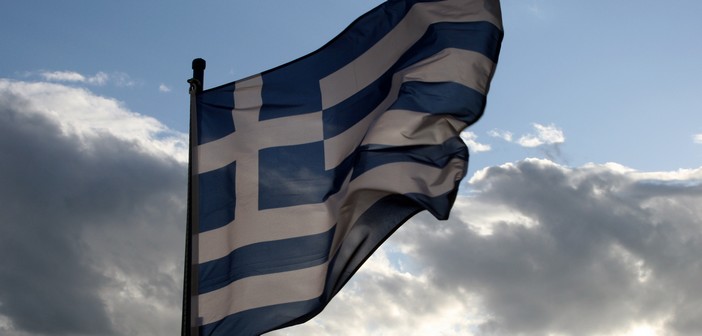It has been five years since Greece has been negotiating with its creditors to whom it owes billions of euros: the International Monetary Fund, the European Union, and the European Central Bank.
But lacking money in its coffers, it can no longer repay its debts. It is even asking for new loans, if only to be able to pay its civil servants and retirees (as it has been unable to borrow from financial markets since 2010).
However, the troika, tired of contributing without seeing enough money in return, has started to say stop: they want new structural reforms of the Greek economy (notably the pension system and VAT), to optimize their chances of eventually recovering their money.
Alas, the new team in power, led by Prime Minister Alexis Tsipras, labels the demanded reforms as too austere and deems them unacceptable, after the many sacrifices already made by his people. Hence the current deadlock!
At the start of the weekend, just as new last-chance negotiations were supposed to take place, Alexis Tsipras pulled out of the hat the idea of a referendum to be held on July 5 (five days after the official expiration of the European aid program, too late then): he wants to ask the Greeks if they accept the new aid plan, in exchange for new reforms. Which more or less amounts to asking them whether they want to keep the euro or not.
But, the eurozone finance ministers felt betrayed by this surprise announcement.
All the more so as the Greek Prime Minister is calling for a “no” vote!
You don’t want our help? Well, then you won’t have it!, seems to be what the Eurogroup is saying, tired of the incessant procrastination, false promises, and Greek dramatics.
In short, the impending catastrophe could very well happen today: on June 30, Greece has to repay 1.6 billion euros to the IMF. If it fails, it will be declared in default. No more aid! Greek political leaders have 24 hours to change their minds and accept the last extended hand (or “blackmail” as they call it).
In the meantime, starting this morning, Greek banks will remain closed, fearing that everyone will withdraw their savings from bank accounts (if it’s not already done, with nearly 1 billion euros having been withdrawn from branches this weekend, 30 times more than usual!). And capital movements will be controlled. The objective: to prevent too many banks from running out of cash and thus having to close.


